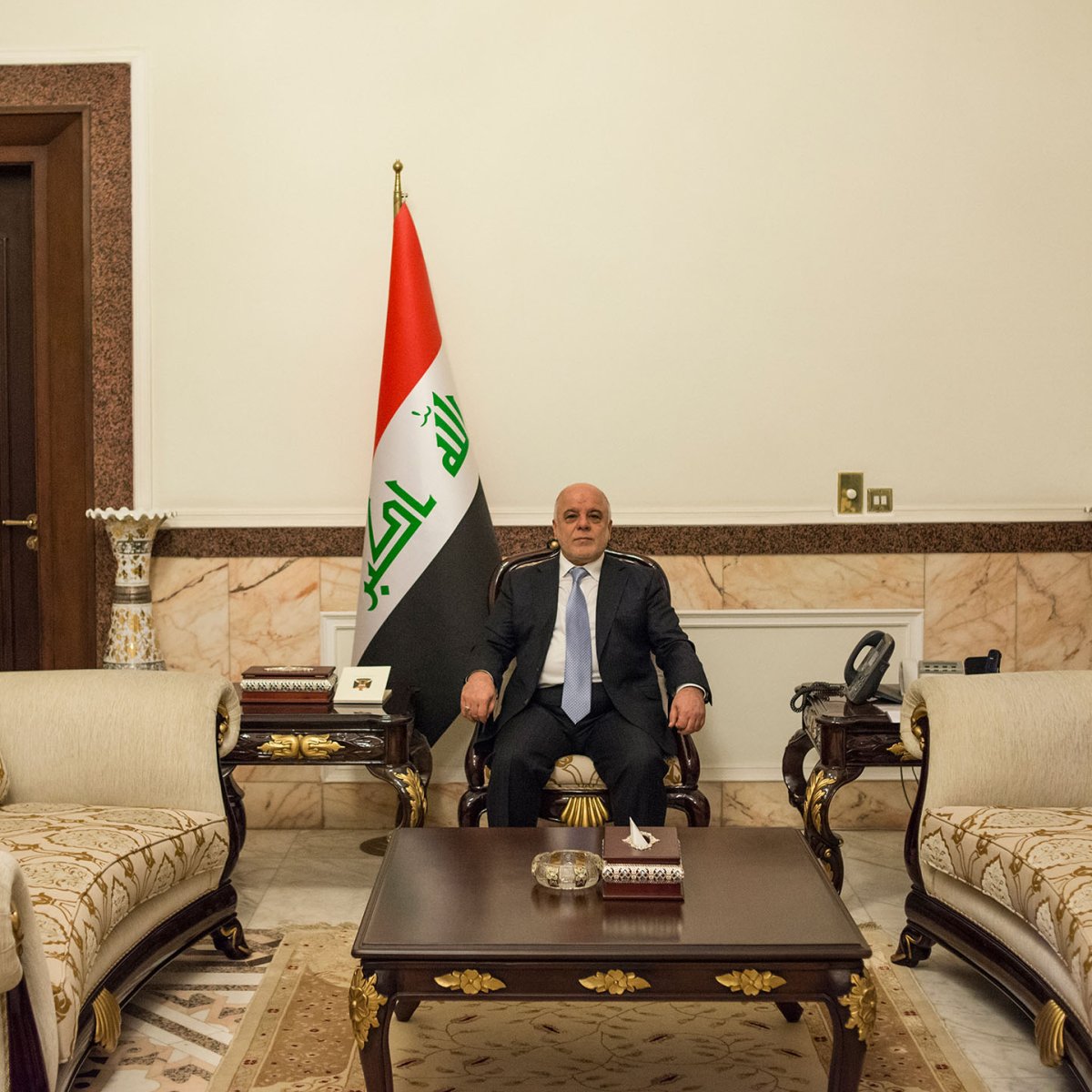
Haider al-Abadi
by Karl VickISIS announced itself as a dread military force on June 10, 2014, the day it overran Mosul, Iraq’s second largest city, as thousands of Iraqi soldiers fled for their lives. Three years later, the back of the terrorist group was broken by reconstituted Iraqi security forces that retook the city in a battle that lasted nine brutal months. U.S. air support was essential, but the grinding, house-to-house effort was carried out by Iraqi fighters who were commanded, ultimately, by Haider al-Abadi, the Prime Minister who came to power after ISIS controlled a great swath of the country. Al-Abadi selected the generals who took it back and made daily visits to the Baghdad joint command post as the battle for Mosul raged. The nation over which he presides remains as fractious as the forces that were marshaled to take back Mosul: from the elite Counter Terrorism Service, which bore the brunt of the battle, to the militias that identify by sect. Al-Abadi’s challenge is to make the searing war on ISIS a crucible for a renewed sense of nationhood and not another round of sectarian bloodletting. If he does, the victor will be Iraq.
Vick is a TIME editor at large